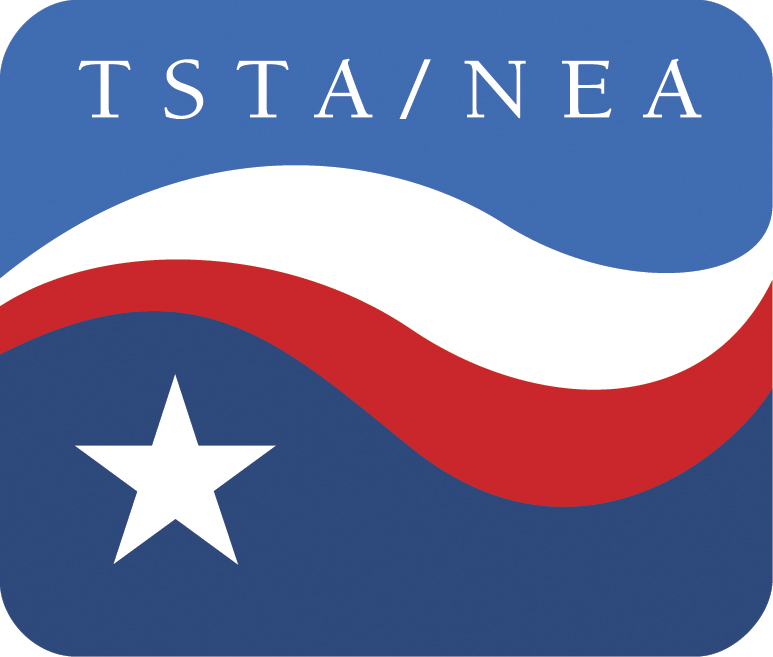Mike Morath is not a comedian and not much of an education commissioner either
State Education Commissioner Mike Morath was flippant to the point of being disrespectful when, in an appearance before the State Board of Education, he blamed school districts for the rising number of uncertified teachers entering the profession.
Morath claimed that districts had given up on hiring certified teachers and had moved to “hiring people off the street…It’s as if district leaders say, ‘You have a heartbeat. Come o in.’”
Not only is Morath a bad comedian, if that is what he was trying to be, he also is a bad education commissioner. To him, student scores on STAAR tests are the essence of public education, and charter school regulation means giving charter chains as many campuses as they want. And he consults with teachers about as often as a total solar eclipse visits Austin.
According to the Texas Education Agency’s latest report, dated last month, only 34 percent of the latest batch of new Texas teachers are certified. That is not the fault of school districts.
Partly this is the fault of state government – and that includes Commissioner Morath – creating additional, alternative pathways by which would-be teachers can enter the classroom without credentials and little preparation.
A huge share of the blame though belongs to the guy who hired Morath. That would be Gov. Greg Abbott, who probably has driven off more teachers than the pandemic with his political attacks on educators, his endorsement of book bans, his support for private school vouchers and his refusal to increase public school funding, including for higher teacher pay.
Even with a record $33 billion budget surplus, Abbott slammed the door on public schools last year in an effort to win a voucher plan that would have diverted billions of tax dollars to private schools within a few years. Failing that, he then spent millions of dollars spreading lies against pro-public education Texas House members in the recent Republican primary and succeeded in replacing six of them, so far, with pro-voucher candidates with little interest in public education.
Meanwhile, budget-strapped school districts have been left doing their best to replace and retain thousands of good, experienced teachers for what many educators have come to view as a thankless job.
And Morath, the education commissioner, pooh-poohs their efforts.
Texas needs a better education commissioner, a real education commissioner. But we are not going to get one until we get a better governor. Right now, we’re scraping the bottom of the barrel in both positions.
